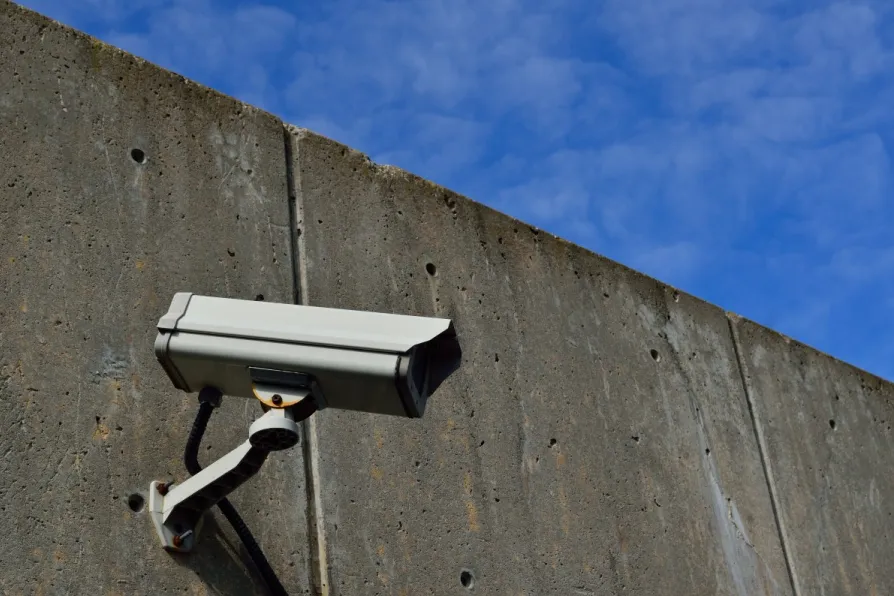Israel’s recognition of Somaliland has little to do with self-determination and far more to do with strategy, offering Israel a potential military foothold near Yemen, says JE ROSENBERG


IN May, San Francisco became the first city in the United States to ban the use of facial recognition technology to include such technology as used by government agencies, while not addressing technology which unlocks mobile devices or cameras installed by businesses or individuals.
Still, this ban is a step in the right direction and it is setting a precedent for other cities to follow as Oakland, California, and Somerville, Massachusetts are also currently under discussion about employing similar facial recognition bans.
In Britain, however, facial recognition technology has been under serious debate as was seen in a lawsuit filed by the human rights charity Liberty on behalf of the complainant, Ed Bridges, a self-described “father of two, football fan and campaigner on human rights.”

While claiming to target fraud, Labour’s snooping Bill strips benefit recipients of privacy rights and presumption of innocence, writes CLAUDIA WEBBE, warning that algorithms with up to 25 per cent error rates could wrongfully investigate and harass millions of vulnerable people













